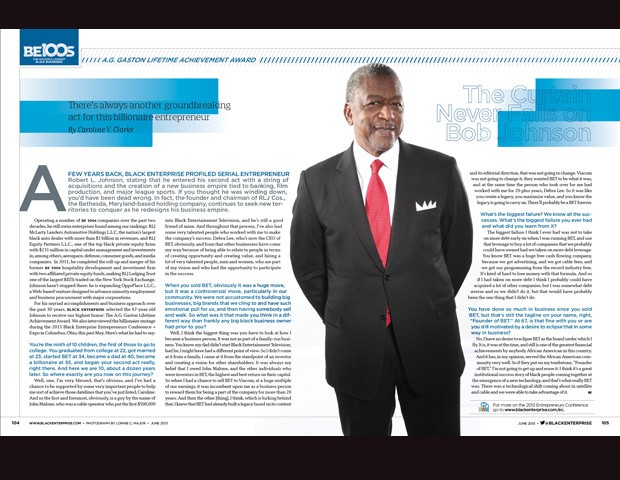Private Equity s Lessons from the Meltdown
Post on: 16 Март, 2015 No Comment

At the Aspen Global Leadership conference, Carlyle Group founder David Rubenstein offered a mea culpa for his industry and his view of what’s ahead
The once-triumphant masters of the universehave been brought down several pegs by the global economic crisis, and a chastened David Rubenstein, general manager of investment giant the Carlyle Group, gave a frank assessment of the state of the private equity industry and the economy at an exclusive retreat in Aspen, Colo. on June 13.
Rubenstein, the 59-year-old founder of the firm, which has $90 billion under management, predicted that the U.S. economy will emerge from what he called the great recession at the end of this year or early next year. However, he warned that growth of gross domestic product will be slow for the foreseeable future because of the federal debt and deficits. He also forecast significant problems ahead, including high inflation, high interest rates, and a wave of tax hikes. The U.S. is still the biggest economy in the world, and it will be a great place to invest, but we’ll have problems, he told a crowd of about 200 people at an Aspen Global Leadership Network conference in the Rocky Mountain resort town.
Rubenstein sees the post-recession U.S. economy evolving along the following lines:
Inflation will be high—from 4% to 6%—for a number of years. We’ll have to learn to live with it, he said.
The value of the dollar will decline sharply. People reacted to the crisis by buying dollars. As the global economy improves, they’ll sell them, he said. This will have a big impact our out ability to buy goods and services. He believes that in 20 years the dollar won’t be the world’s sole reserve currency.
We’ll have much higher taxes across the board—from personal income taxes to corporate taxes to Social Security taxes—to pay for the national debt and health care.
He said a mea culpa for the mistakes of the private equity industry. It invested $500 billion in buyouts worldwide even after troubling economic signs began to appear. Firms paid too much for companies they acquired and overleveraged them. As a result, a wave of bankruptcies is coming. He noted that private equity performed better than the hedge funds but said the industry has been chastened. You won’t see massive birthday parties anymore, referring to a $3 million birthday bash that Blackstone Group Chairman Steve Schwartzman threw for himself at the peak of the market in February 2007.
Rubenstein showed flashes of gallows humor. Pointing out that the U.S. has $11.4 trillion in debt and $41 trillion in unfunded Social Security and health-care insurance liabilities, he said: If the U.S. government were a business, it would be called a Ponzi scheme. He said the baby boomer generation will be slow to start spending freely again on cars and TV sets because their 401(k)s are now 201(k)s.
There are a handful of important lessons to be drawn from the meltdown, he said. In spite of their computers and sophisticated trading strategies, big-time money managers are no smarter about investing today than they were 100 years ago. People got caught up in the bubble and couldn’t resist, he said. Greed overtakes fear in certain economic cycles. He predicted that investors won’t wise up, either, he added: There will be boom and bust cycles 50 years from now.
globalization is now a curse word
He noted that businesses as well as government reacted too slowly to the unfolding crisis. The government was late to recognize the severity of the economic shocks to come, and then it compounded the problem by allowing Lehman Brothers to fail, he said: That scared the market.
Rubenstein praised the Obama Administration for taking decisive action and lauded Federal Reserve Chairman Ben Bernanke. He is now emboldened. He has the credibility and willingness to do the things that have to be done, said Rubenstein.
The Aspen conference crowd included young business, NGO, and government leaders from around the globe. They asked about the decline of America’s influence in the world and the fate of globalization. Rubenstein predicted that the U.S. will now have less clout in setting global economic policies. The U.S. has lost credibility because of our mistakes. Increasingly, people will feel that they won’t have to involve us in their economic affairs, he said. Influence will shift to the emerging markets—with China stepping up to become the counterweight to the U.S. in the geopolitical sphere.
Globalization has lost credibility—and is even a curse word in some circles, Rubenstein told the crowd. Leaders in developing nations feel they were sold a bill of goods by the U.S. about the benefits of capitalism and globalization, and now the pendulum will swing in the other direction. I think there has been a setback to globalization for at least a generation, said Rubenstein.














